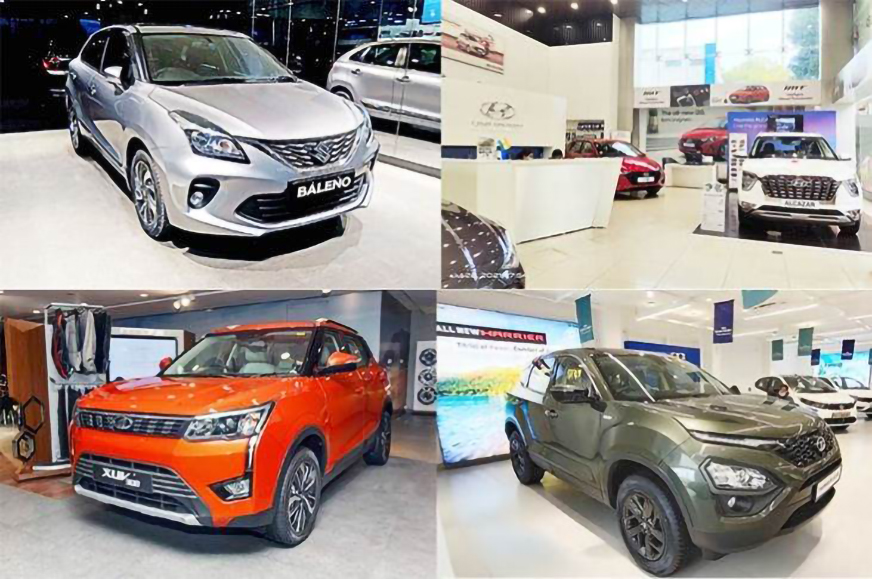FADA: Auto sales rise year-on-year, but supply issues plague industry

The Indian automotive sector is facing the brunt of the COVID-19 pandemic. For the month of August, the overall retail sales came in at 13,84,711 units (up 14.48 percent year-on-year), compared to 15,56,777 units a month ago.
- Semi-conductor shortage continues to cause supply issues
- Dealer inventory levels at their lowest in the financial year
According to Vinkesh Gulati, president, FADA, “Auto dealers are facing the most challenging phase of their business career as COVID-19 after-effects continue to play spoilsport. Until last year, demand was a challenge. But now, despite a rise in demand, supply is becoming a bigger problem due to shortage of semi-conductors. Every dealer by now starts planning for a bigger offtake in anticipation of a bumper festive season. But due to supply issues, inventory levels are at their lowest levels this financial year.”
“The two-wheeler market is highly price sensitive. With multiple price hikes, increased fuel costs coupled with educational institutions remaining closed, the impact could be felt on the overall segment. Customers continued to fight financial battles due to COVID-19 related health issues and hence remained away from dealerships, which resulted in low enquiry and lower sales. This has its impact on the entry-level segment, which continues to face the biggest brunt,” added Gulati.
Demand-supply mismatch to continue
The FADA chief expects the near-term outlook to remain a mixed bag with passenger vehicles witnessing demand-supply mismatch and two-wheelers facing a demand crunch.
He says that with OEMs drastically cutting down production due to unavailability of semi-conductors and ABS chips, coupled with shortage of containers and high metal prices, “customers, for the first time, may not get a vehicle of their choice and lucrative schemes this festive season.” In addition, the “ultra-frequent price increase” is also keeping entry level buyers at bay.
Gulati says that customers, especially at the bottom of the pyramid, are shifting their priority and are saving instead of spending. This is a cause of concern that’s impacting demand for two-wheelers. Though, with educational institutions slowly opening up, it is a ray of hope for two-wheelers in the coming months as demand could increase.

No comments
please do not enter any spam link in the comment box